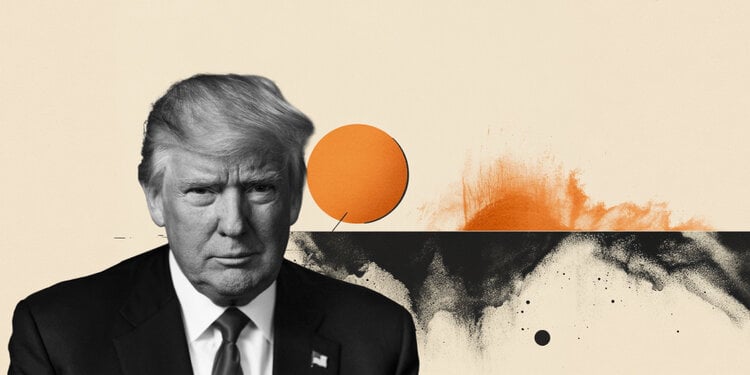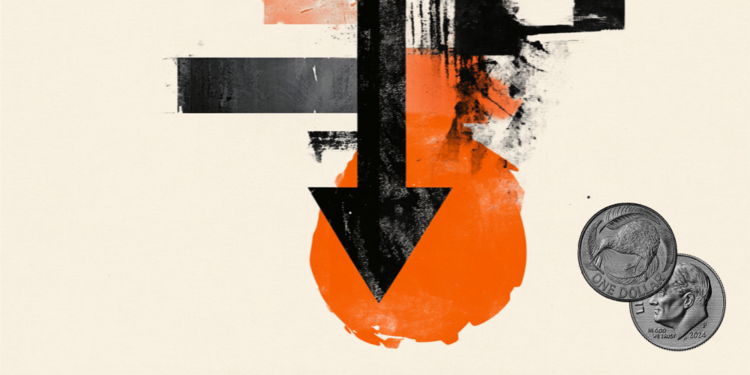This article is published in number 48 of Vanity Fair on newsstands until November 29, 2022
Even if the appearance characterizes it, Amar Chadha-Patel he shuns first impressions and doesn’t want to be perceived according to stereotypes. His family has Indian origins, but he grew up in multicultural London and what defines him is, if anything, the creativity that makes him range in different fields and experience all aspects of the artistic process.
He moved from production design to directing advertising campaigns and then moved on to acting. After show like The Third Day And The Wheel of TimeAmar will be one of the protagonists of Willowthe new fantasy series debuting November 30 exclusively on Disney+, based on the classic 1988 film. In the series, he plays the character of Boorman, a thief and a liar who joins the group of heroes to get out of prison.
In life, however, Amar is polite, sensitive and cares about an important topic: raising awareness against toxic masculinity. He is involved with the non-profit association Beyond Equality and holds workshops with them: “Men don’t realize that things would work much better if we all fought for a more equal world, leaving behind obsolete stereotypes.”
What kind of child was he?
“I was an only child for 7 years before my brother was born. Mine is an immigrant family and I had a unique childhood in West London inhabited by a minority of Punjabi Sikh Indians who arrived in the 1960s and 70s. Then we settled in North London, where there were few Indians. I spent my formative years learning about a variety of different cultures. I was very interested in arts and crafts, building models and toys with my friends. I’ve always wanted to be a creator of things and I think a lot of that was inspired by being exposed to multiculturalism at an early age.”
Was the escape you said you were looking for a need or a will?
“I think you’re always looking for the thrill of adventure. As a child I was fascinated by these worlds bigger than my own. Living in one of the largest metropolises in the world was definitely an adventure in itself. But wizards, dragons, sword fights, dinosaurs, are exciting things for boys. I grew up in the 90s, the golden age of escapism: Indiana Jones, Jurassic Park and all these amazing things. Escape is an interesting term because it is not, and was not, a need for me, but a window into a fantasy world where the imagination can take over».
Have you ever had doubts or second thoughts about your career?
“I’ve had a very strange journey. As a director, I made good money, so when I started acting, I had the privilege of not having to take jobs just because I needed them, but could choose the roles I wanted. The pandemic then forced the world to stop and look around. On the positive side, it has favored the birth of movements. Black Lives Matter has found a voice that was previously scattered. The diversity that the film industry is opening up to has made my career easier. Now I can get roles that I never would have had at 19, there weren’t enough for me then.”
Can you tell us about your commitment to Beyond Equality?
“The movement argues that masculinity is how every man defines himself. Being male simply means being a good person. We teach young people that these ideals and archetypes sold through advertising and the media are not real. It is up to us men to make others understand that these stereotypes are outdated. In the workshops it is worrying to discover that kids today don’t ask themselves these questions. And also from a professional point of view I want to get across the message that if I’ve built up muscles for a role it’s for work, not because a man, as a man, should be physically strong, dominant. Finally we see different types of people, physiques, ethnicities and this helps to eliminate the toxic side of masculinity ».
What made you open your eyes and decide to promote these kinds of conversations? «I had strong matriarchal figures. There have been problems in my family, especially in my grandparents’ generation, but when you move to a country for life after colonization, or after being persecuted, families have to integrate. My grandmothers, my mother, were very strong and independent women. I think I’ve always had the awareness that I would never have become, thanks to that upbringing, a dominant and toxic male. Around 2010 then, I started to see the problem through the eyes of my female friends who told me about their dates and how men treated them. A popular blog in the UK helped start this movement, where women would tweet or message about displays of sexism they had experienced.
Where does your involvement come from?
“Many men don’t realize that things would be better for everyone if they fought for a fair world. Because equality is not about dragging men down, but about elevating women, trans people or any minority, to a level where we are all equal, and can enjoy the same privileges. It takes empathy.”
Does this stem from a fear of losing power?
“They fear change and having something taken away from them. They’ve historically been taught that they deserve everything, and when they find out that’s not necessarily true and that they have to fight or work for it, the soap bubble bursts. It’s a distressing truth and, in part, it’s the result of a toxic patriarchal system. For centuries men have oppressed women in every way. In the end it is not important who dominates whom, but knowing that people have thoughts and feelings and if we put ourselves in their shoes with empathy, we would understand more».
Amar Chadha-Pate
(photo Joseph Sinclair)
Source: Vanity Fair
I’m Susan Karen, a professional writer and editor at World Stock Market. I specialize in Entertainment news, writing stories that keep readers informed on all the latest developments in the industry. With over five years of experience in creating engaging content and copywriting for various media outlets, I have grown to become an invaluable asset to any team.







